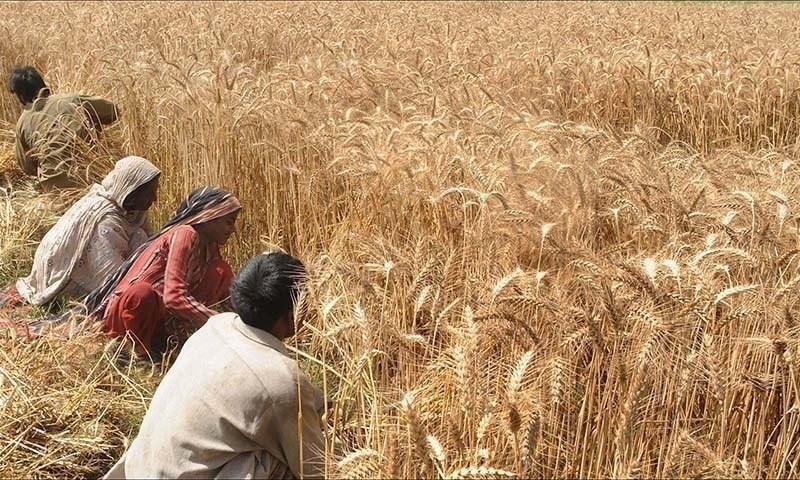KHANNA, May 22 (ABC): When New Delhi banned wheat exports as prices soared over Russia’s invasion of Ukraine it provoked consternation abroad and drove the cereal even higher.
Now Indian farmers and traders are fuming they have been denied a windfall as domestic prices have plummeted.
India is the world’s second-biggest wheat producer, but the government — itself the country’s biggest buyer of the crop — said it chose to protect food security for its mammoth population despite inflation concerns.
The move — along with dwindling global supplies from Russia and Ukraine, both among the world’s top five wheat exporters — sent prices to all-time highs on commodity exchanges in Chicago and Europe.
But at Asia’s largest grain market in Khanna, in India’s breadbasket state of Punjab, values went the other way.
Every year, thousands of farmers from the wheat-growing region sell their produce at the facility, which is dominated by a dozen giant storage sheds, each the size of a football pitch.
From 2,300 rupees (about $30) per 100 kilograms of wheat before the export ban, prices slumped to 2,015 rupees — the government-set minimum price at which it buys grain for its vast public distribution system.
India’s hundreds of millions of small farmers eke out a borderline existence, subject to the vagaries of the weather, and some in Punjab were already reeling from production losses due to a severe heatwave.
The price fall represents the difference between a bumper payout and heartache, they say.
Farmer Navtej Singh saved half his 60-tonne wheat harvest to sell during the lean season, when prices normally rise, and is aghast at the government’s decision.
Now he is scrambling to sell his remaining stock.
“This ban has come as a shock,” he told AFP. “The price has dropped to the lowest and doesn’t even cover our expenses. I can’t even wait for a day.”
The authorities had not consulted anyone and had acted “selfishly”, he said.
A”We were already hit with production losses this year, and the ban order has made our life difficult.”

